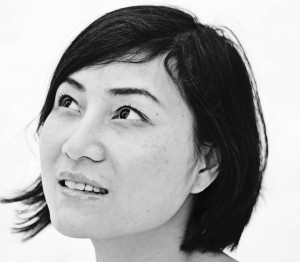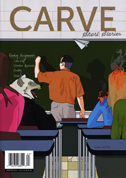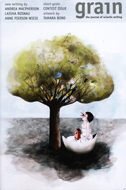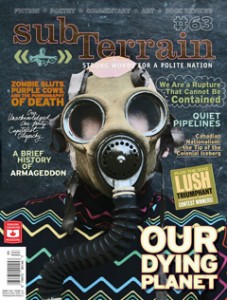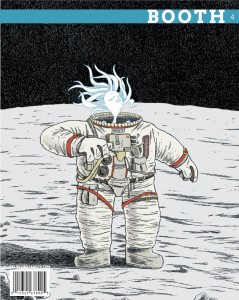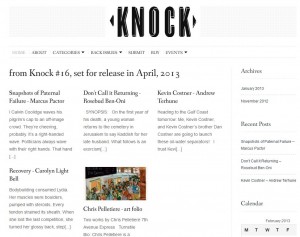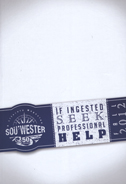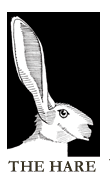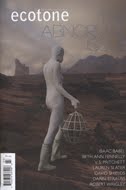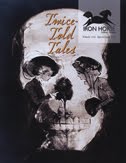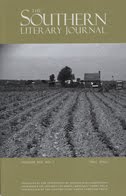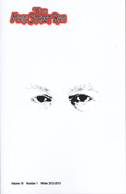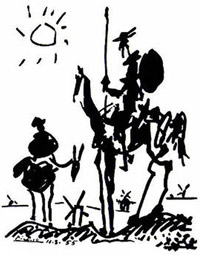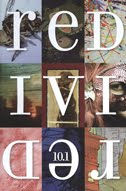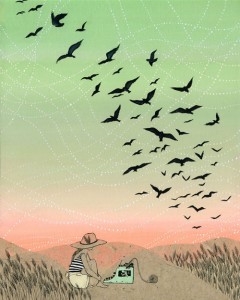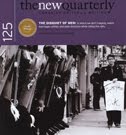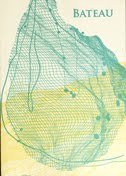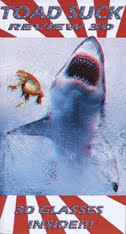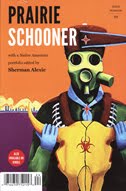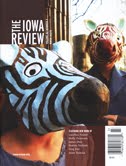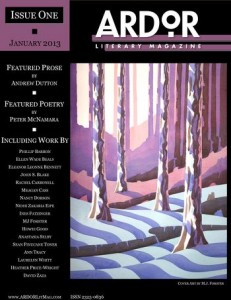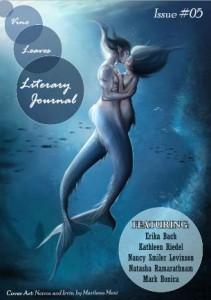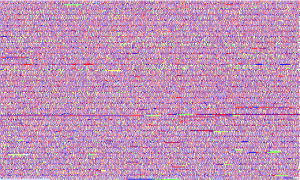ARDOR Literary Magazine is a new triannual digital magazine the publishes short fiction, creative nonfiction, poetry, and short-shorts alongside visual art. Founding and Managing Editor Joseph Hessert says that he launched ARDOR “to fill a niche in the market—offering writers a rapid turn-around time on their submissions and the guarantee of payment for accepted work.” He is very interested in making sure that each writer gets the attention they deserving; he reads each submission through twice so that mood of an editor on a particular day does not sway the decision. “At present I’m the only one reading submissions,” he says, “and despite this fact I managed to respond to over 90% of the work submitted during our first reading period within two weeks, writing many personal replies and notes of thanks to the writers and artists who sent their work to ARDOR.”
Hessert explains the name of the magazine as such: “ARDOR is defined as “a great warmth of feeling; fervor or passion” and can alternatively be defined as “an intense devotion or eagerness.” This word seemed a fitting name for our publication as all meaningful writing stands as an example of a writer’s burning passion —his or her need to offer a unique vision of the world. As a literary magazine this is the type of work we strive to find, feature and promote: writing that matters.”
Currently, ARDOR can be read online in a digital publishing format that creates links through the magazine and on mobile devices (offers the option of a convenient text-only reading option to eliminate the need to zoom). Hessert says that in the future, they may offer a print version of the digital copy.
Each issue of the magazine features one prose writer and one poet. Personal interviews are included with both authors. “This interview with the writer offers readers additional insight and (we hope) deepens their enjoyment of and engagement with the featured pieces in the magazine,” says Hessert. “These interviews close with craft-advice for new writers and we think this is a nice tribute to our featured writers and a nice thing to offer our readers (many of our readers are writers after all).”
Already, ARDOR is increasing its reputation, first with a short story contest that will offer writers at $500 prize as well as an interview and publication in Issue 3. Veteran story writer Chris Offutt will be the guest judge. In the future, Hessert says he hopes to offer more contests and increase the pay the writers receive. “My hope is that as more people become aware of ARDOR word will get out that we’re a professional independent publication that values and respects writers and consistently offers readers stories, essays and poems which matter,” Hessert explains.
Issue One includes fiction by Meagan Cass and Andrew Dutton (our featured prose writer), nonfiction by Heather Price-Wright, Anastasia Selby and Sean Finucane Toner, poetry by Phillip Barron, Ellen Wade Beals, John S. Blake, Nancy Dobson, Nidhi Zakaria Eipe, Howie Good, Peter McNamara (our featured poet), Laurelyn Whitt and David Zaza and artwork by Eleanor Leonne Bennett, Rachel Carbonell, Ines Franco Fatzinger, MJ Forster (cover artist) and Ann Tracy.
ARDOR is open to submissions year-round, and the open reading period of the Short Story Contest goes until the end of March 2013. Guidelines for both can be viewed on ARDOR’s website.
For a review of ARDOR on Screen Reading, click here.

